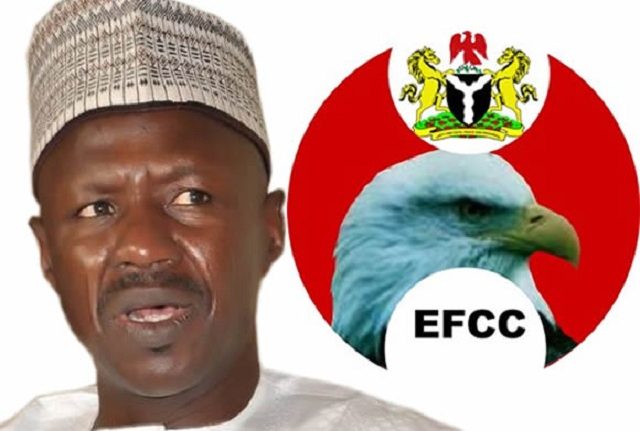
There are very strong indications that the Presidency will soon approach the Supreme Court to make a pronouncement on the lingering crisis between the executive and the National Assembly.
This is aimed to confirm the powers of the President to appoint some heads of government agencies without recourse to the Senate based on the provisions of Section 171 of the Constitution.
Speaking on the matter, a top source in the presidency told reporters in Abuja, on Sunday, that the development was based on legal advice made available to the government on the different interpretations of the law on the matter.
The Senate had on July 4 passed a resolution suspending all issues relating to the confirmation of nominees and urged Acting President Yemi Osinbajo to respect the constitution and laws as they relate to nominees' confirmation.
This is after the Acting President had, in an interview in April, ruled out the possibility of President Muhammadu Buhari replacing the acting Chairman of the Economic and Financial Crimes Commission, Ibrahim Magu, whose nomination was rejected by the Senate twice.
Osinbajo's statement peeved the lawmakers greatly, thus resulting to the decision by the senate to step down all requests for confirmation into executive positions from the Presidency.
However, the presidency's legal advisory, concluded that a judicial pronouncement, "preferably by the Supreme Court, is what will settle the matter."
He said although the Presidency believed that Section 171 was clear that certain appointments did not require Senate's consent, it (the Presidency) was not behaving as if its interpretation of the law had become a policy.
He said: "This is because, even after the Acting President, (who spoke when he was Vice President in support of the view of some leading lawyers) the Presidency has continued to send nominations to the Senate both while the President himself was around and while away by the Acting President.
"Since the time the Acting President spoke and when Senate recently expressed its disagreement we have been sending nominations severally including into the INEC and other boards and commissions. So we are clearly not acting unilaterally based on our own interpretation of the law, even though we believe firmly we are right.
"Here is the point, the presidency believes that Section 171 is clear that certain appointments do not require Senate consent, but the presidency is not already behaving as if it's interpretation of the law has become a policy.
"The presidency is persuaded that its interpretation is the correct one, but we are conscious and aware of the fact that only a proper judicial ruling on the matter would make it a settled policy that sits right with the rule of law. That is why we have not stopped sending all manners of nominations to the Senate, most of which the Senate has actually confirmed, even well after the Acting President spoke.
"In fact the conclusion of the legal advisory on the matter is very clear that a judicial pronouncement preferably by the Supreme Court is what will settle the matter. According to that legal advisory the divergent positions being held by the Executive and the Legislature on the subject of confirmation is one that requires timely and ultimate resolution. Such resolution could only be reached through judicial process. Such interpretation would lay to rest the lingering crises between the two arms."

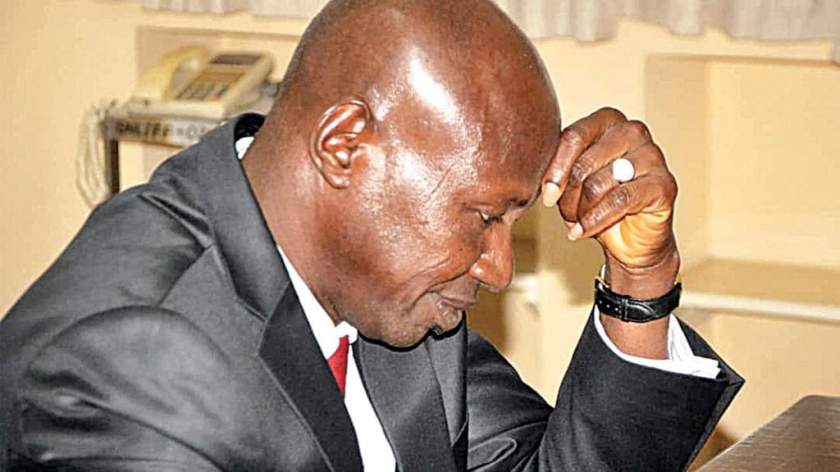
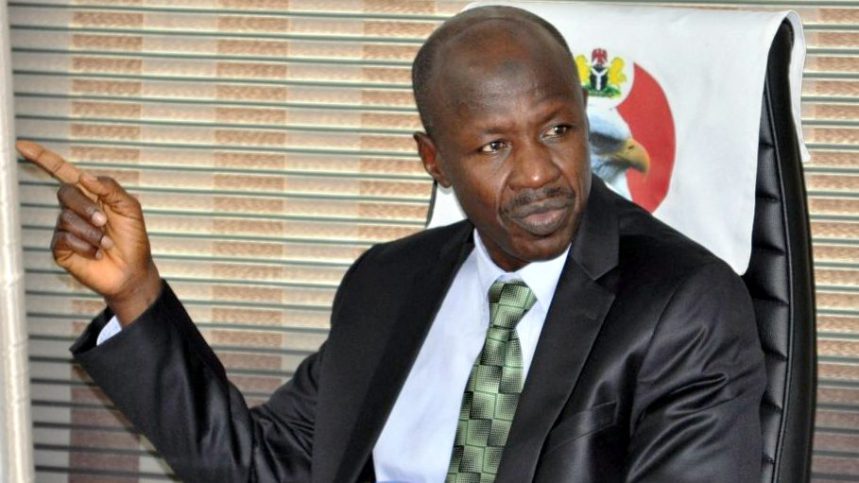
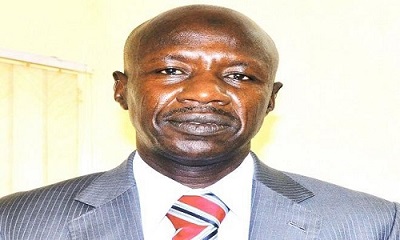
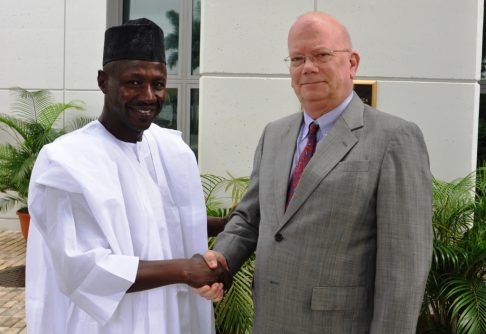

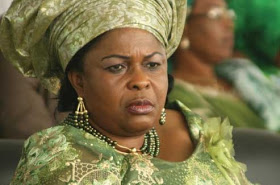

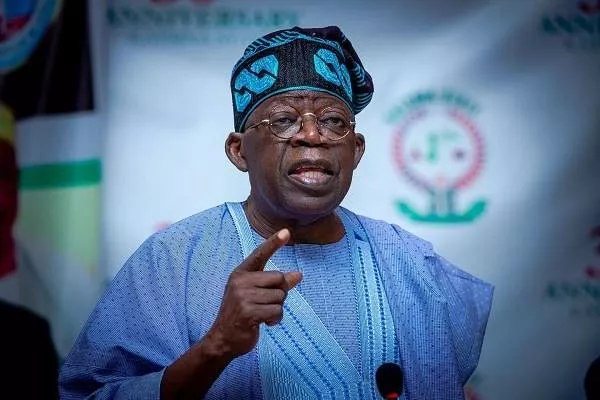


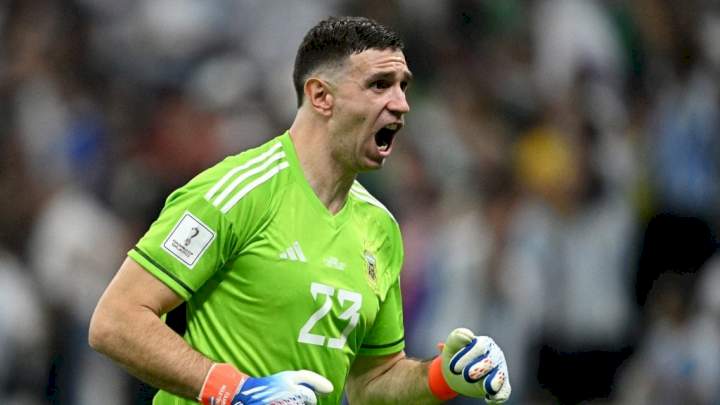




Comments